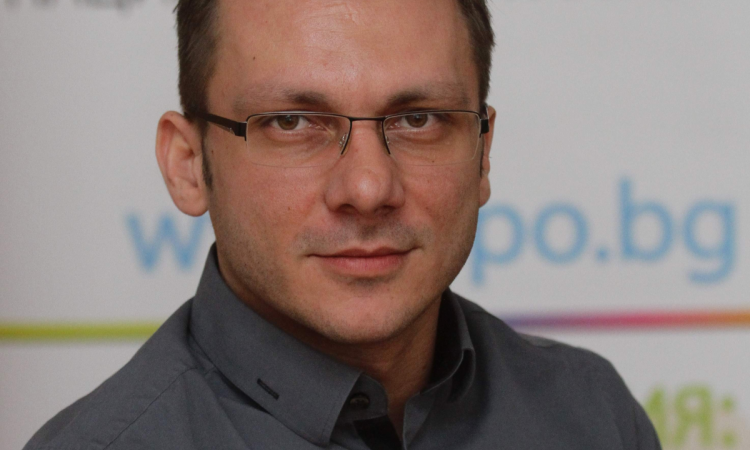Spain’s huge public health deficit
The Spanish National Health System is organised following the principles of universal coverage and solidarity, to ensure equal access to healthcare services for all citizens.

The system is financed from public funds – healthcare is a non-contributory benefit financed out of general taxation and included in the general budget of each Autonomous Community – and it is structured into two healthcare levels, primary and specialist care.
Under a decentralised functioning, the 17 Spanish Autonomous Communities can establish their respective package of services, which must include all the basic services that all the NHS users must be guaranteed.
Expenditure for public and private healthcare expenditure in Spain account for 6.0% and 2.4% of the GDP, respectively.
Consequences following the economic crisis
Spain’s Public Healthcare System is running a huge deficit, which, coupled with the current Spanish public deficit crisis, has pushed the Ministry of Health to adopt spending cuts, and further cuts are expected.
According to the influential British Medical Journal, the Spanish government’s reforms could lead to the dismantling of much of the country’s healthcare system, which will involve ‘potentially adverse health effects of the Spaniards’.
The study, led by Dr Helena Legido-Quigley, professor of global health at the London School of Hygiene & Tropical Medicine, concludes that the cuts are affecting with particular concern for the elderly, the disabled and the mentally ill. The researchers also say that there has been a significant increase in depression, alcoholism and suicide since the crisis began and unemployment (24% at the end of 2013) began to soar.
Therefore, with the crisis, there has been an increase in demand for healthcare services, while benefits and supply are being cut.
According to the study, the national health budget was cut in 2012 by 13.65%, making the Spanish healthcare budget one of the lowest in the European Union. In 2013 new cuts have been implemented in the dependency programmes for the country’s elderly as well as the disabled (€1,108 million).
The saving measures are not evidence based. There has been no time for adequate planning. Therefore, major changes made by the Spanish government such as to exclude undocumented immigrants from free health services and increased co-payments for access to medicines, prosthetics and some ambulance trips, are having important consequences. Hospitals are being privatised, some hospital and ambulatory centres have been closed and fewer surgical procedures are carried out.
Ambulatory and surgery waiting lists are increasing rapidly, and certain services are not provided during weekends. Emergency services are overloaded in many places. In March 2014, a child with an acute infection died in the Burgos province in the middle of the resources shortage, because the emergency services made the decision not to send an ambulance.
Risking disease escalation
If corrective measures are not implemented, the situation could worsen, with an increase of AIDS and tuberculosis, as seen in Greece, also suffering major cuts in health system and the risk of an escalation of problems with drugs and the spread of disease. Morbidity and mortality rates (very low in Spain) will probably grow during coming years. Of course, dissatisfaction among patients and professionals increases on a daily basis.
The damage has already been done. Nevertheless, the Government (now looking towards the next elections) has promised a change in this policy. The evolution of public deficit and thus the amount of public resources devoted to health and its planning allocation is yet to be seen in Spain.
28.05.2014







